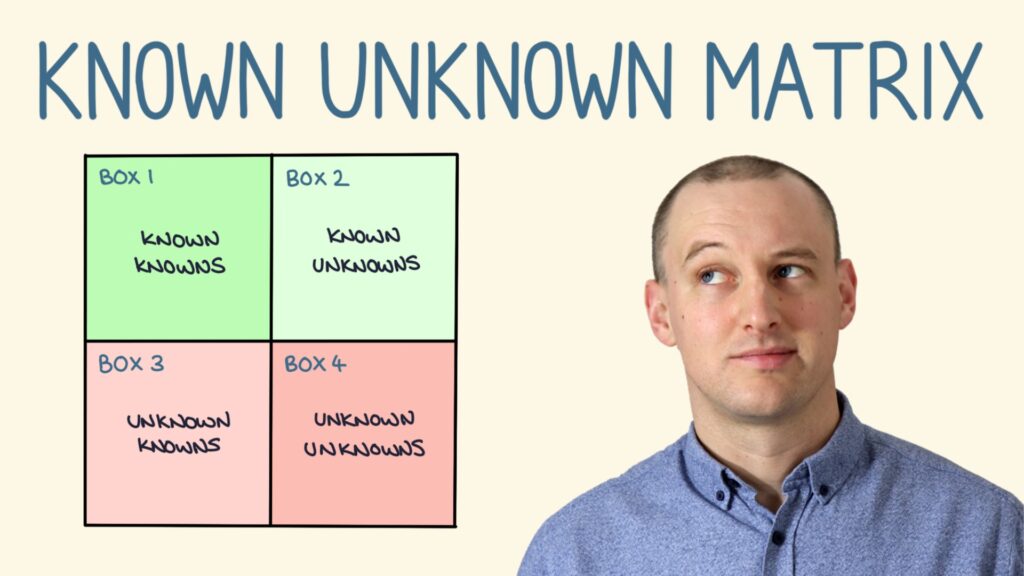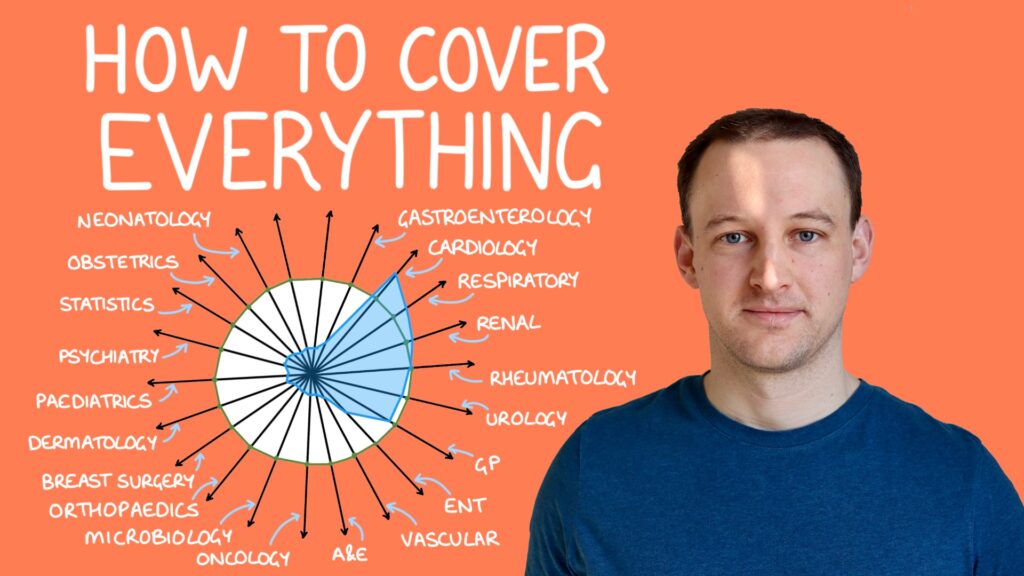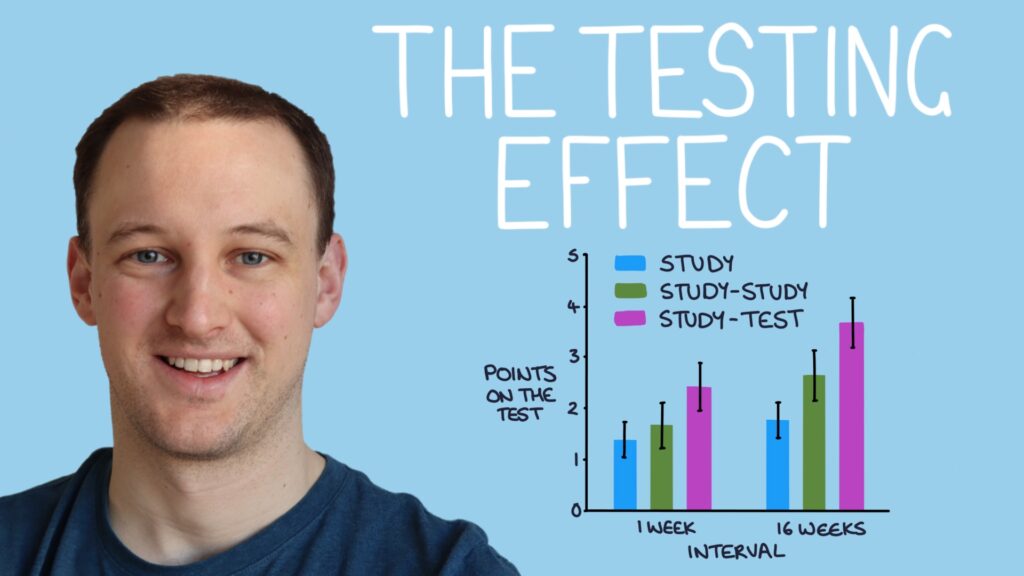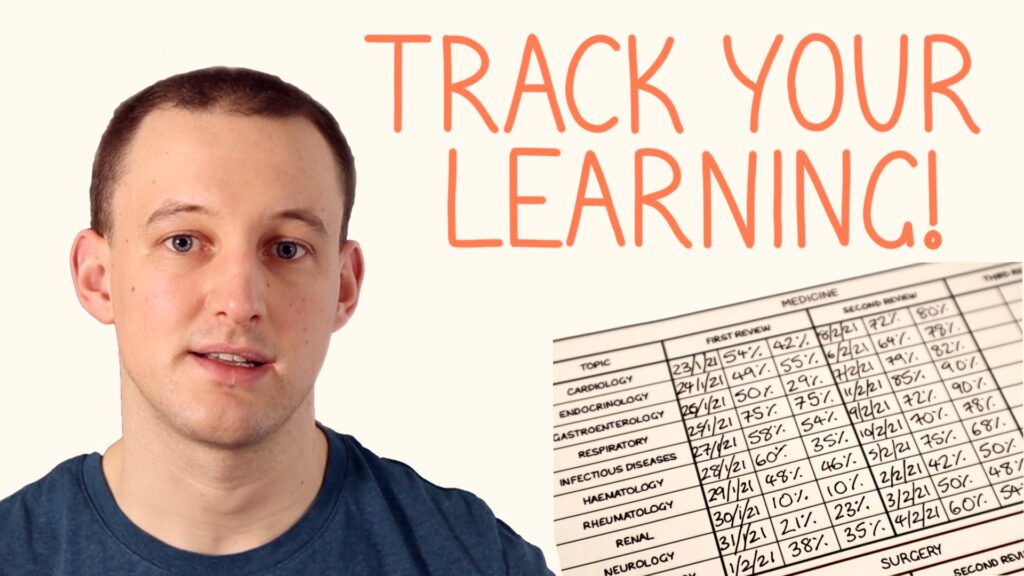Start Here: Introduction
Getting through medical school is a serious challenge. Many struggle with the vast amount of information and the depth of understanding and knowledge that needs to be developed over the course. Add on top of that all the communication skills, practical skills and portfolio work that need to be mastered before you are set free as doctors, and in reality, there is very little time in which to accomplish a lot of things.
The Known Unknown Matrix
For my science and maths A-level exams, I discovered that everything I needed to know for the exam could be found within one book, and the same content came up year after year on the exams. I studied the book and practised all the past papers multiple times before the exam. There were no surprises on the exam day, and I scored 100% on many of the exams.
Later, I studied medicine at Manchester Medical School, where we did problem-based learning. We had small group sessions, discussing a case and identifying topics we needed to learn.
Does Your Revision Strategy Work? The Importance of Feedback
In order to get into medical school, you will have done pretty well in school. That means a fair number of exams, along with the studying and revision required to sit them. However, there is a huge difference between revision for GCSEs and A-levels and learning medicine.
When I sat my A-levels, I developed a very solid revision strategy. I knew that the official textbooks contained everything I needed to know for the exam, and I had access to past papers dating back 5 or so years, along with the mark schemes.
Motivation, Procrastination and Getting Things Done
I often ask medical students what they struggle with the most when it comes to revising. The most common answer is some variation of finding motivation, overcoming procrastination and getting the work done.
In this section, I share all the techniques and tools I have used to overcome procrastination and get things done. Like everyone else, I am not immune to procrastination, and it has been a problem for me at times. However, with the use of the concepts, techniques and tools shared below, here are some of the things I have been able to do in the past 14 years:
How Much Detail To Learn
One of the biggest challenges in medical school and when learning medicine is how vast the amount of information you need to cover is. This is probably most obvious when planning for sitting medical school finals.
What To Focus On
It is satisfying to work on a topic area you are already good at. It feels gratifying and makes us feel good about ourselves. Additionally, you are probably good at the topic because you find it interesting. The problem is that exams and life as a doctor will find a way to test you on your weaknesses.
Choosing Your Resources
It is important to think carefully about which textbooks and resources you use. Many textbooks are written as academic materials, which means they do not necessarily present information in a way that is simple and easy to understand. This, in turn, makes it difficult to learn the information presented if you do not already have a good understanding of the topic.
The Learning Curve
The learning curve is a graph of studying vs knowledge when studying a new topic. The key to the most efficient way to learn medicine is to spend as much of your study time as possible in the rapid learning phase. Each topic area (e.g. respiratory medicine) will have a learning curve.
The Importance of Understanding
When you are learning a topic, being able to understand and contextualise the information and correctly store it in your memory is essential. Many revision strategies overlook the importance of understanding. If you only use question banks, flashcards or study tools such as Anki, you run the risk of learning specific facts without understanding the context and bigger picture.
Repetition and the Forgetting Curve
The basis of memory is your brain making associations and recognising patterns. The more often these patterns are established, the stronger those associations and patterns become in your memory. Over time these connections and associations will fade. With each repetition, these associations will be reinforced and become more permanent.
The Spacing Effect
The spacing effect is a well-recognised psychological phenomenon. It is an incredibly powerful tool that you can use to boost the quality and length of your memory. It was first introduced by a psychologist called Ebbinghaus in 1885, who noted a benefit from spacing study sessions as opposed to doing those all in one go.
The Testing Effect
If there is one thing that you should incorporate into your revision that you are not already doing, it is testing. The process of forcing your brain to recall information it has learned has a profound effect on memory and understanding. Testing is probably the most efficient and effective way to prepare for your examinations, even if you only add a small amount on top of your normal study or you substitute study time with time spent testing.
The Testing Sandwich Technique
The testing sandwich is a technique I have been using off and on since my A-levels, with fantastic results. I have tried many different techniques for exam preparation, including making mind maps, using MCQ banks, forming study groups, teaching others and making flashcards. Nothing has worked as consistently well as the testing sandwich.
Managing Your Time
Build a calendar showing each day and week up until your exam, with a new week on every row. This will allow you to quickly see how many weeks and days until you sit your exam. List the topics and material that you need to cover prior to sitting your exam.
Tracking Your Learning
Tracking your results is essential. It allows you to guide your learning by highlighting weaknesses, telling you how effective your study is and demonstrating how well you are progressing. This will ultimately build your confidence and motivation by reinforcing your progress and demonstrating how beneficial your studying is.





